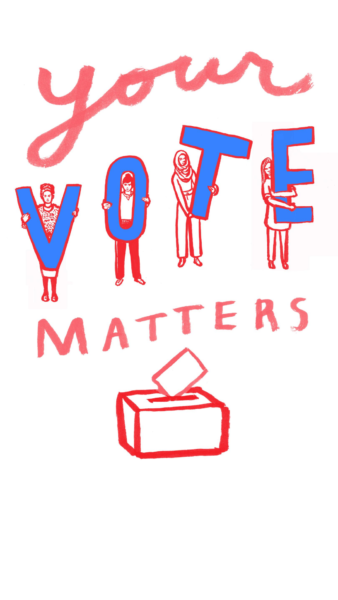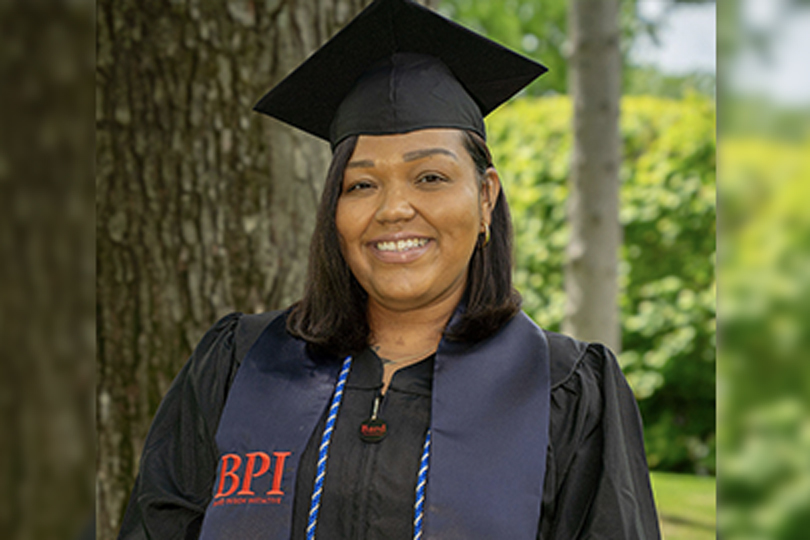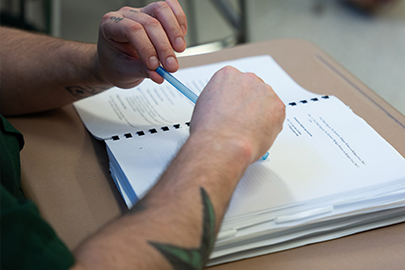
Learn the facts from the myths and check your eligibility
In New York, the general rule is that you can vote after incarceration for a felony conviction while you are on probation, or once you have completed parole. In these cases, your voting rights are automatically restored, but you have to re-register in order to vote. You do not need any special documentation to register.
However, on April 18, 2018, Governor Andrew M. Cuomo signed an executive order restoring the right to vote immediately following release for most New Yorkers who are on parole after incarceration for a felony. Going forward, this means that the Governor’s office will review the information of each person released to community supervision in New York and will issue a partial executive pardon that restores each approved person’s ability to register and vote.
On May 22, 2018, the Governor issued the first set of 24,086 conditional pardons, restoring voting rights to more than two-thirds of the New Yorkers currently serving out a period of parole in their communities. Each person receiving a voting restoration pardon should receive a paper certification from their parole officer, along with a voter registration form – and everyone receiving restoration of their rights should re-register in order to vote.
If you are serving parole and wish to check the status of your right to vote, you can also search for yourself on the New York State Department of Corrections and Community Supervision’s Parolee Lookup website and look for the Voting Restoration Pardon indicator. Note that only those whose parole status shows as ‘Active’ are eligible for restoration pardons; if your parole has been discharged, or your maximum sentence has expired, your right to vote has already been restored. When you register to vote, your local Board of Elections will use the same Parolee Lookup website to verify your eligibility.
Unlike an application for a certificate of relief or other forms of pardon, consideration for a voting restoration pardon is automatic upon release from incarceration. People returning to their communities after incarceration will not need to apply in order to be considered. The pardons are described as ‘conditional’ because voting rights will be revoked if a person returns to incarceration either 1) on a finding that parole has been violated or 2) following conviction for a new felony.
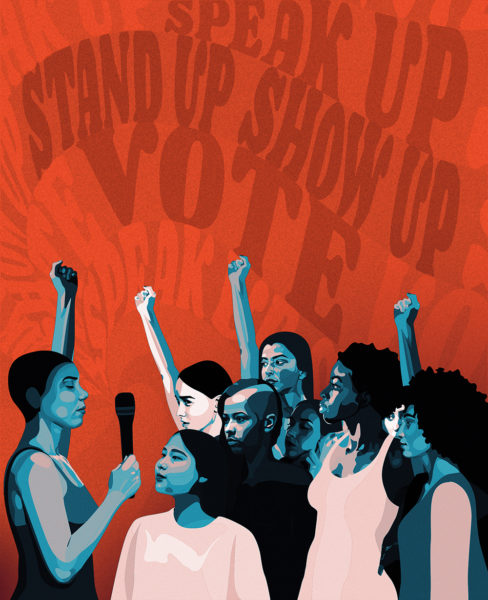
You are automatically eligible for review if you are:
- A person who has been convicted of a New York State felony;
- At least 18 years of age;
- Under community supervision by the New York State Department of Corrections and Community Supervision following release from a New York State prison; and
- A current resident of New York State.
Factors that will be considered as part of your review include whether you are at liberty and whether you are maintaining required contact with your parole officer.
More information can be found at the official New York State clemency website, under the Voting Restorations Pardon Tab.
- Deadlines for New York State voting
- Voting by absentee ballot
- Resource guide for people with criminal records
- Ballot Guide: It’s more than just a presidential election! Learn what’s going to be on your ballot so that you can do your research and be prepared to know how you plan to vote.
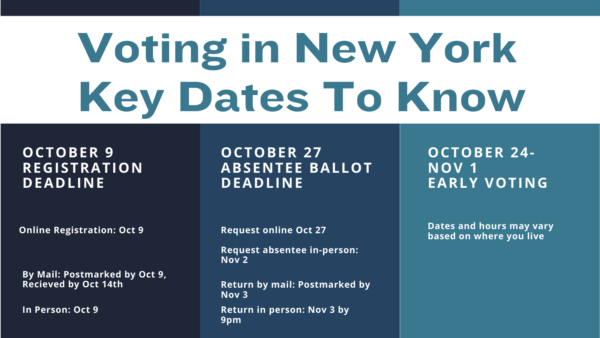
The information above is reproduced from the NYCLU. The artwork comes from Amplifier.org. Thank you to artists Lauren Simkin Berke and Sarah Carolan.
